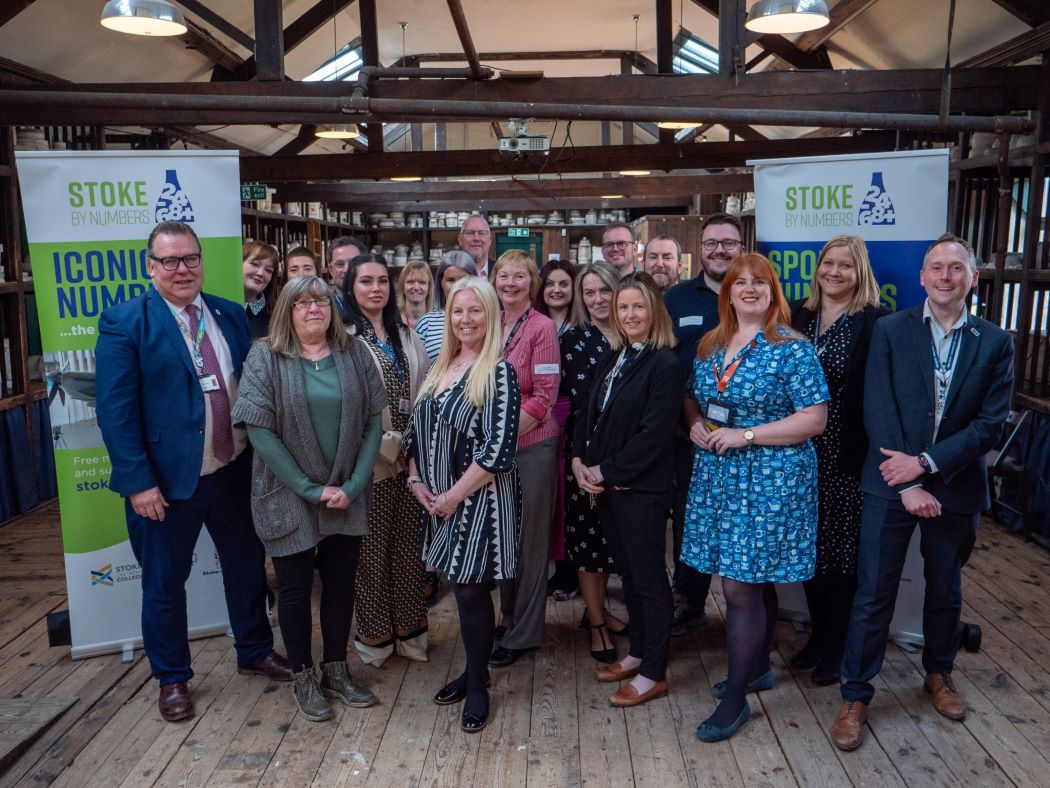New research gives an in-depth look at the UK’s digital skills landscape

A new report out today has indicated that only half of the population has confidence in their digital skills, raising concerns about the UK’s position on the global tech stage as economies become increasingly digital-led.
New research from the Institute of Coding and industry experts, giving a state-of-the-nation look at the UK’s digital skills landscape, has also highlighted widespread misperceptions of the UK tech industry and the barriers in place that are stopping people from polishing up their tech capabilities.
The main factor stopping people from improving their digital skills is cost, with 40 per cent of respondents believing courses and training would be too expensive, followed by time, with one-third (30 per cent) under the impression that improving their skills sufficiently would take too much time.
However, help is very much on hand from the Institute of Coding, which offers thousands of free digital short courses, meaning participants won’t need to pay a penny to improve their digital skills. The Institute of Coding (IoC), led by the University of Bath, is a collaborative national consortium working together to respond to the UK’s digital skills gap.
The consortium of top employers and educators offers free short courses to those from hard-to-reach backgrounds, including data marketing, cyber security, and data programming.
Furthermore, some of the courses can be completed in as little as a matter of four hours, with the flexible learning approach designed to support people from all walks of life, allowing learners to boost their CVs, employability skills and digital confidence in an evening or over a weekend.
A potential lack of demographic representation could also be to blame for blocking people from making the move to a tech career, with just one in five (21 per cent) believing the tech industry to be representative of the UK as a whole.
However, the Institute of Coding is working to make digital careers open to all, breaking down barriers to digital learning and employment, and spreading learning opportunities to enable everyone, whatever their background, to improve their skills. It is looking to constantly evolve, developing new courses to help a larger and more diverse group of learners into digital careers and breaking down barriers to entry.
Related to this, just 14 per cent of those polled were able to name a female tech leader, indicating that a lack of visible female role models could be to blame for Britain’s digital skills gap. This is despite names such as former YouTube MD Susan Wojcicki and former Meta Platform’s COO Sheryl Sandberg blazing a trail.
To combat this gender gap, the Institute of Coding has specific courses aimed at women such as ‘Click Start by TechUPWomen in IT Skills 2024’ provided by Durham University and available for participants to join from the north of England. This multi-award-winning programme is aimed particularly at women from underrepresented groups and retrains them into tech careers.
The research also indicated that more than a quarter (28 per cent) of people polled believed you need a university degree to embark on a digital-led career, yet the courses offered by organisations such as the Institute of Coding will give learners all the tools needed to make the switch.
Despite the misconceptions in place, the polling indicated that tech careers are highly rated; one-quarter (26 per cent) of respondents stated they wish they’d embarked on a digital-led career, indicating the appetite to migrate over to the industry.
This seems to resonate particularly with the younger generation, with more than half (57 per cent) of 18–24-year-olds starting on their career journey, believing that tech would be a lucrative industry in which to work.
This links in with further insight from the poll revealing that 16 per cent of respondents are planning to make 2024 a year where they switch up their career – there are plenty of opportunities for those looking to make the jump to tech with an estimated 870,000 tech sector vacancies existing nationally.
Professor Rachid Hourizi MBE, Director of the Institute of Coding, said:
“The results of our poll show the appetite amongst the population to embrace the tech industry, with over a quarter stating how they wish they’d followed a path into a related career. However, it’s never too late to make the jump and at the Institute of Coding, we are working hard with educators, employers, and charities to maximise the opportunities for people from all walks of life – over one million people have now taken an IoC programme, with many then pursuing a tech career.
‘Along with our partners, we are working to nationally upskill our population, and help this country compete on the world stage as economies become increasingly digital-led. Our polling shows us that the barriers that exist, such as time and expense can be circumnavigated; the programmes that we offer are free, and flexible in terms of duration, allowing learners to improve their digital skills in a way that suits them.”
Julian David, CEO of techUK, said:
“The research shows the UK population needs help in improving their digital skills, and that proves how vitally important it is that the industry invests in people and bridges the skill gaps that exist. The industry has a responsibility to ensure that everyone, regardless of age or background, can thrive in a dynamic digital economy.
“The research shows us the appetite is really clear in terms of people wanting to look at tech-based careers and, for the UK to unlock its full digital potential, we need to foster a collaborative culture of flexible and lifelong learning among educators, industry, and employers. The Institute of Coding is making great strides in upskilling the population and techUK and TechSkills are proud to be part of this effort.”











Responses